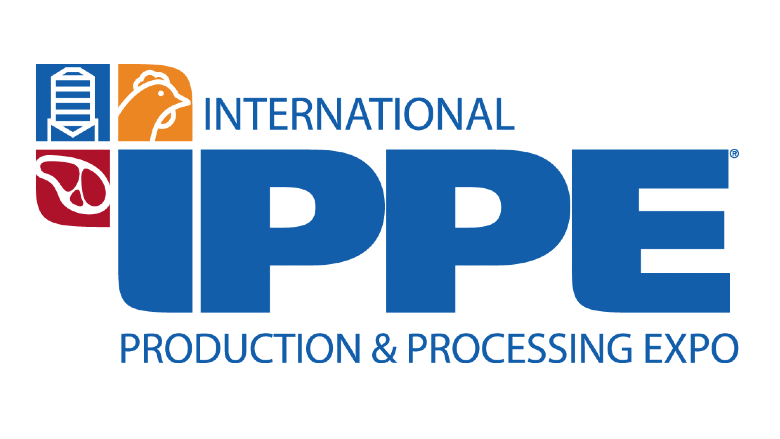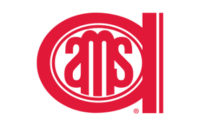Trade officials address IPPE attendees
Trade is vital to the long-term strength of the US meat and poultry industry.

Courtesy of IPPE
Ambassador Doug McKalip, chief agricultural negotiator in the Office of the U.S. Trade Representative, and Alexis Taylor, under secretary for trade and foreign agricultural affairs at the U.S. Department of Agriculture, joined representatives of the meat, animal food, and poultry and egg industries as part of the annual International Production & Processing Expo.
“We are privileged to have the nation’s top trade officials take time from their busy schedules to participate in IPPE, meeting with exhibitors and participants, and discussing ways the United States can support agricultural exports, expand and diversify foreign markets, and address global sustainability challenges,” said the IPPE show organizers. “Their work on behalf of our members and IPPE exhibitors and attendees recognizes the important value the animal protein and feed industries play in the U.S. economy and global trade.”
To kick off the day, Taylor toured the exhibit hall, where she met with companies from across the three industries and participated in a media roundtable. She said that for every $1 billion in U.S. agricultural exports, almost 7,000 jobs are created and $1 billion is added to the economy, supporting both rural and urban communities.
“Last year, the USDA worked with the USTR, other private sector organizations, like our meat, poultry and feed industries, to preserve more than $6.4 billion in U.S. agricultural trade,” Taylor said. Although the U.S. has “long been a global leader in food and agricultural exports,” she commented that nearly 60% of exports go to just four markets — China, Canada, Mexico and the European Union. As new demographic trends occur, the USDA wants to “encourage market diversification and help our industry explore what other markets might offer new opportunities for them, getting U.S. agricultural products to all parts of the world.”
Both Taylor and McKalip held a trade panel discussion, moderated by American Feed Industry Association President and CEO Constance Cullman, before nearly 500 attendees of AFIA’s Pet Food Conference, where they explained the Biden administration’s approach to trade and what it means for American agricultural producers, including the pet food industry.
“The Biden-Harris administration’s approach to trade has created a direct pathway between initial discussions and clear and positive outcomes for American producers,” McKalip said. “The fact that we’ve gotten 12 different tariffs lowered just last year and 31 different markets to eliminate barriers to access, shows that we are seeing the payoff of our time and efforts.”
Both trade officials then held an executive roundtable with representatives from AFIA, USPOULTRY and the Meat Institute, moderated by Meat Institute President and CEO Julie Anna Potts.
“I was also particularly glad to hear their support for the Protein PACT and to learn about their work to promote animal agriculture as part of the solution in global sustainability negotiations and conversations,” said Potts.
Trade is vital to the long-term strength of the U.S. meat and poultry industry. Typically, between 25–30% of U.S. pork production, 13–15% of U.S. beef production, 16–20.2% of U.S. poultry meat production and 2.1–5.5% of U.S. eggs are exported annually. In 2022, the last calendar year for which annual data is available, the export value for beef, pork and combined poultry and eggs totaled more than $11.6 billion, $7.6 billion and $6.23 billion, respectively. These exports add value across the supply chain, supporting producers, packers and processors, workers and rural communities.
Similarly, eliminating trade barriers and opening markets for animal feed, feed ingredients and pet food is essential. In 2022, the overall export value for these three products totaled $7.5 billion, and the total volume of exports stood at 9 million metric tons.
“We thank both Ambassador McKalip and Under Secretary Taylor for their continued work to support the U.S. food and agriculture value chain and for making it a priority to share updates on that progress with us at IPPE,” said the IPPE show organizers.
Sources: IPPE; AFIA; NAMI; USPOULTRY
Looking for a reprint of this article?
From high-res PDFs to custom plaques, order your copy today!





